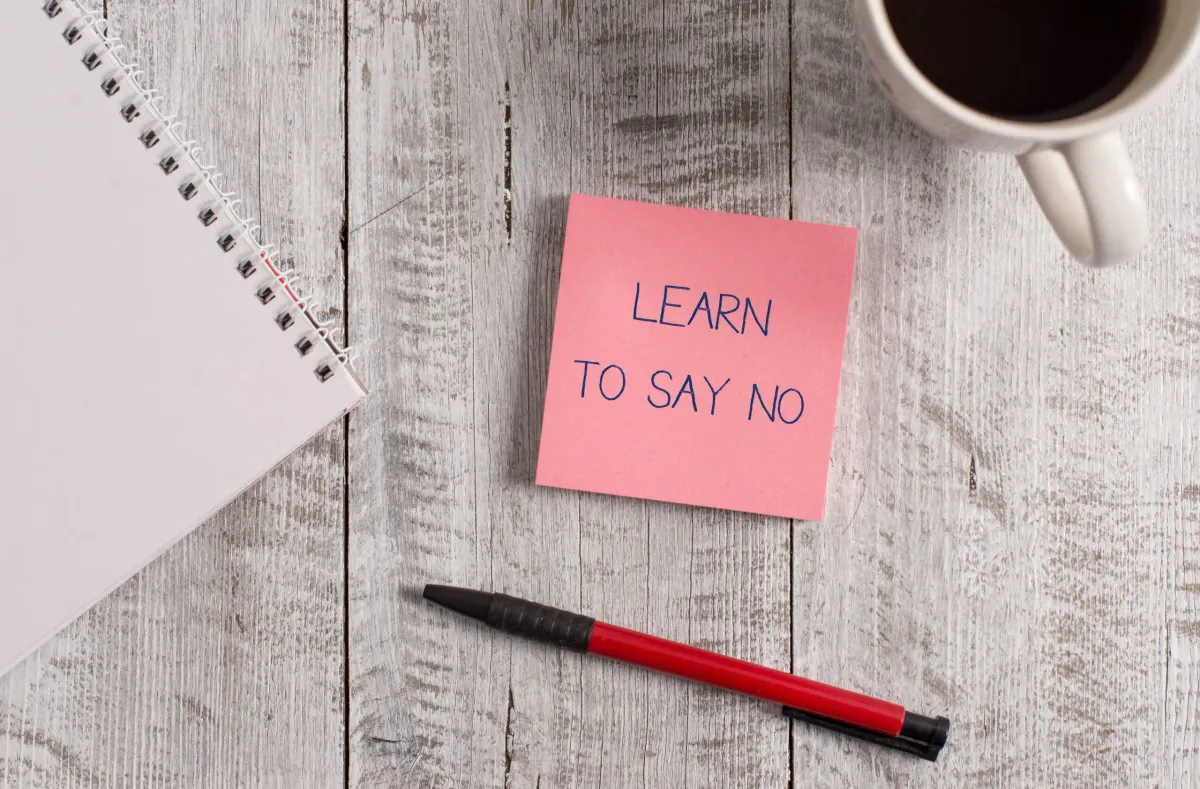Learn to Say No: Winning Against Yourself

I used to be a "nice guy" who would help anyone with just a word, even if we were barely acquainted. But once I started my business, I gradually learned to say no. You have to, or you'll constantly be taken advantage of for free.
I give a lot of lectures, so I've added many people on WeChat, and my friend list has grown to about 20,000. But just because they're on your WeChat doesn't mean they're your friends. Throughout our lives, the number of true friends we have is actually quite small—just a few, maybe a dozen, or at most a few dozen.
When I talk about saying no, it's usually to people I don't know well. How do you define well-known or not? There's no specific standard, but we all have a sense of it. Just adding someone on WeChat definitely doesn't make you close.
One common type of invitation I get is from people asking me to visit their company for guidance. I usually say, "I'll check my schedule," which is really just a polite way of declining.
Another type is invitations to meals or tea. My usual response is, "If it's important, let's talk on the phone. If it's not specific, let's skip the meal. If we need to discuss something, come to my office. If you want a consultation, then it's paid."
Additionally, many friends from my Xiaomasong reading group have my business WeChat and often ask me questions. But I rarely reply individually. It's simple—I have limited time.
However, if someone asks me a question in the group chat and @mentions me, I'll respond there. Why? Because replying in the group is essentially communicating with 200 people. Your question becomes part of the group content. Individual replies are too inefficient; I won't respond.
This also applies to me. You can't complain if someone says no to you. They have no obligation to help you. If you need a service, pay for it, or exchange resources. If you're not close friends, then treat it as a transaction—fair, efficient, and reasonable.



